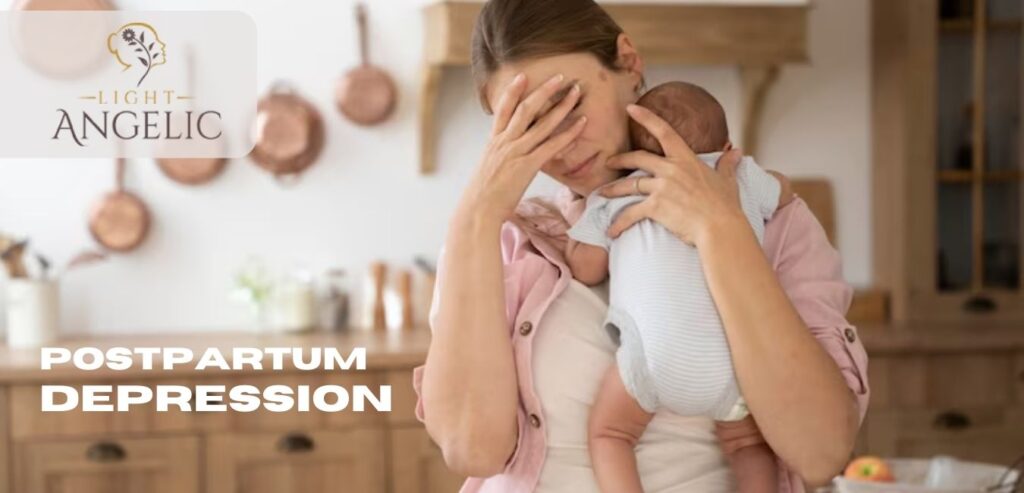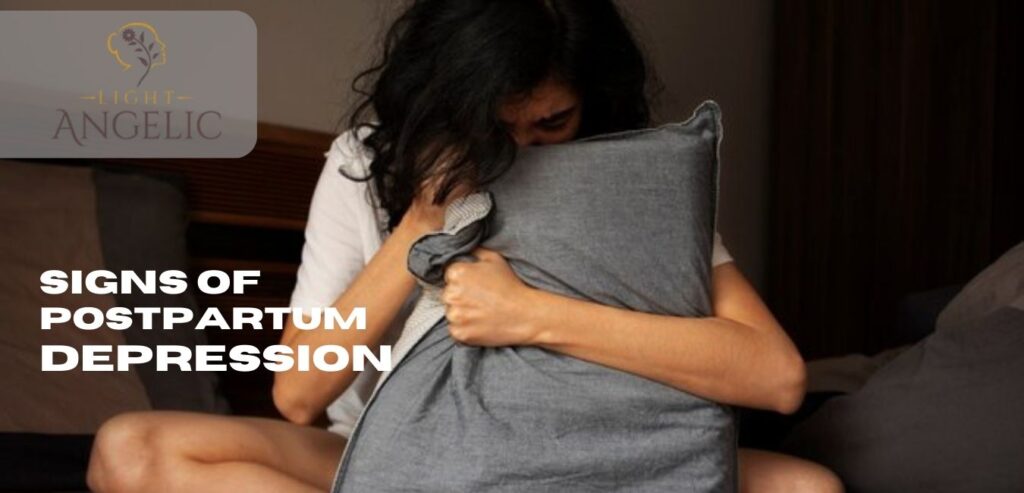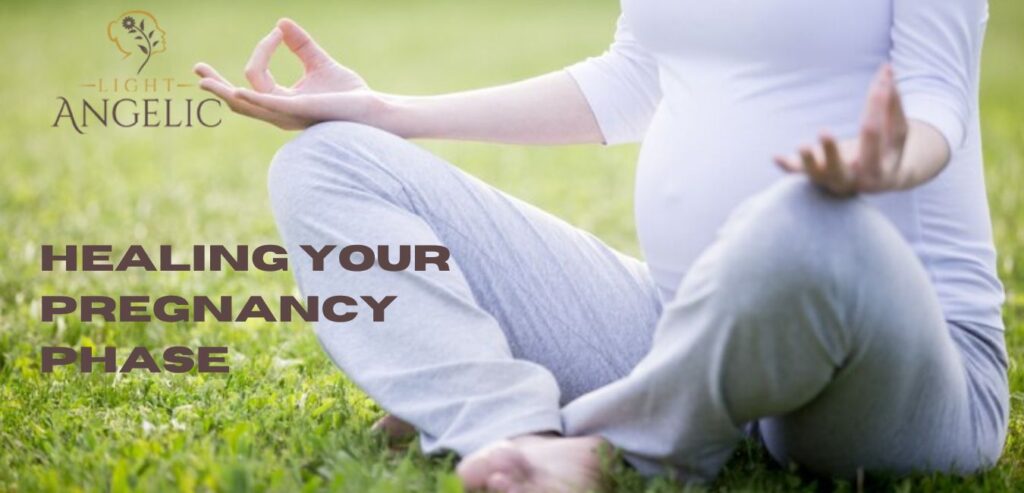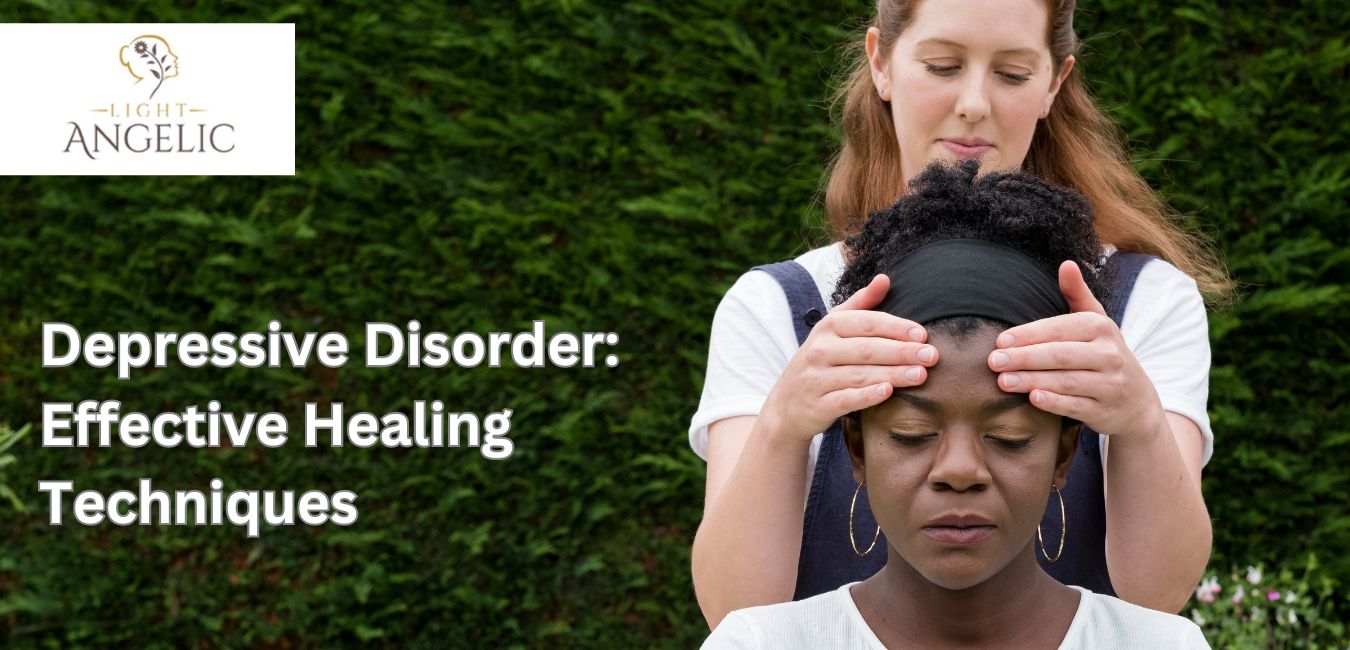A Woman by nature is the creator in this world. The essence of a woman and her fragrance is only unconditional love and affection to give and receive at the same time. a woman gives birth to a child, she not only brings a new life into the world but also assumes the role of a mother. The bond between a mother and child is unparalleled, but it’s essential to acknowledge that pregnancy can come with its own set of challenges, including prenatal and postpartum depression. These issues can create anxiety and negatively impact the mother’s health, which, in turn, can affect the well-being of the child. Therefore, seeking the best Anxiety Therapist in Dubai is crucial to help her overcome these challenges confidently and efficiently.
So, various ways can help you to deal with depression. But first, let us get some basic knowledge about postpartum and prenatal depression.

What Is Prenatal Depression?
Depression that develops during pregnancy is known as prenatal depression. Severe or persistent sorrow is a symptom of depression. Moreover, it may result in weariness, anxiety, and difficulty sleeping. You could isolate yourself from friends and family if you suffer from this mood illness. You might not be interested in the things you used to like doing. Before the birth of a child(prenatal) or after childbirth(perinatal), mothers can get into deep depression due to many different causes and effects of genetics and environmental factors. It can be life stress, demands at work, and even past trauma that may trigger during this phase, she can go back to those memories at the cellular level when she was in her mother’s womb. the physical and emotional demands of childbearing and caring new baby, hormonal changes, constant mood, and craving demands changes can develop deep unspoken and sometimes don’t even realize their existence. Due to the conditioning of our society and parenting, it’s always been said that such things happen during this phase but no one knows how long it will stay back in your body and can manifest a lifetime if not treated properly.

Signs and Symptoms
Some women may experience a few symptoms of perinatal depression; others may experience several symptoms. Some of the more common symptoms of perinatal depression include:
- Persistent sad, anxious, or “empty” mood
- Irritability
- Feelings of guilt, worthlessness, hopelessness, or helplessness
- Loss of interest or pleasure in hobbies and activities
- Fatigue or abnormal decrease in energy
- Feeling restless or having trouble sitting still
- Difficulty concentrating, remembering, or making decisions
- Difficulty sleeping (even when the baby is sleeping), awakening early in the morning, or oversleeping
- Abnormal appetite, weight changes, or both
- Aches or pains, headaches, cramps, or digestive problems that do not have a clear physical cause or do not ease even with treatment
- Trouble bonding or forming an emotional attachment with the new baby
- Persistent doubts about the ability to care for the new baby
- And in severe cases: Thoughts about death, suicide, or harming oneself or the baby
What Are the Symptoms of Prenatal Depression?
It is okay if you feel sad, anxious, or even worried occasionally, but if the symptoms go beyond the expectation, then you should look for natural treatments to heal yourself. So, here are the common symptoms of the prenatal depression:
- Anxiety, excessive warring, and negative thoughts
- Loss of appetite
- Don’t want to do regular activities
- Fatigue, like to sleep more than usual
- Feeling sad, hopeless, and emptiness
- Excessive crying

What Is Postpartum Depression?
Some women experience a complicated combination of behavioral, mental, and physical changes following childbirth, known as postpartum depression (PPD). It is a type of severe depression that starts four weeks after childbirth. The duration of time between delivery and the onset of depression, as well as the intensity of the depression, are factors in the diagnosis of postpartum depression.

What Are the Signs of Postpartum Depression?
Approximately 10% of would-be mothers and 13% of recent mothers worldwide have a mental illness, most commonly depression. This is significantly higher in developing nations, where the rates are 15.6% during pregnancy and 19.8% following childbirth. (Source: https://www.who.int/teams/mental-health-and-substance-use/promotion-prevention/maternal-mental-health#:~:text=Worldwide%20about%2010%25%20of%20pregnant,and%2019.8%25%20after%20child%20birth.).
If you ask what are the postpartum depression symptoms then here it is:
- Severe mood or depressed mood swings
- Cry in every situation
- Challenging to bond with the baby
- Withdrawing from family and friends
- Decrease in appetite or overeating
- Insomnia
- Loss of energy
- Unable to do daily work or activities
- Fear of not being a good mother
- Hopeless
- Feeling worthless
- Postpartum Anxiety
- Negative thoughts like suicide
This ultimately leads to anxiety, and that is why you need to rush to the best Anxiety Therapist near me in Dubai to get yourself treated so that you can live your life peacefully.
What Are Causes of Postpartum and Prenatal Depression?
Postpartum or prenatal depression is commonly associated with pregnancy, although other factors can also cause it. Several reasons can trigger postpartum depression, including:
- Genetics
- Physical changes
- Emotional issues
- Hormonal changes
- Past trauma
- Childhood Traumas
These are some of the reasons that can cause prenatal and postpartum depression, and if you are facing severe anxiety regarding this, then it is best to consult the best postpartum therapist near you.
What Are Prenatal and Postpartum Depression Treatments?
There are various ways through which you can be able to overcome prenatal and postpartum depression, general approaches to treatment are:
- Psychotherapy
- CBT
- Counseling
- Medication prescribed by doctors
ALTERNATE TREATMENTS
Here are some treatments that can help you.
- Essential oils
- Acupuncture
- Holistic Therapy
- Message
- Exercise
- Holistic Therapy
- Yoga
- Meditation
- Spiritual coaching
- Counseling
- Inner child Healing
- Deep inner wounds healing
Remain composed and confident. Remember that you are not alone in this situation; many women have faced similar challenges. Instead of dwelling on your doubts, find effective ways to manage the situation and build a healthy bond with your child. You have the strength and resilience to overcome this obstacle and can do so with confidence and positivity.
- Healthy lifestyle
- Set realistic expectations
- Self-care time
- Don’t be isolate
- Talk to close family members or friends
If you are determined to overcome this situation and fully embrace motherhood, witnessing your child’s growth journey, then you have the strength and resilience to do so. But, you should seek the advice of an expert if you are still unable to handle the situation; nevertheless, it might be challenging to locate a reliable expert. Thus, our purpose is to assist you. Prriti Parmaar, Light Angelic’s best life coach and mind-healing consultant, is the person for you as she helps you to cope with such a situation.
The services offered by Prriti Parmaar are as follows,
- Past Life Regression
- New Moon Meditation
- Full Moon Meditation
- Eclipse Meditation
- Chakra Balancing
- Grounded Sea Meditation
- Singing Sound Frequency Healing
- Holistic Mind Healing
- Reiki Balancing Chakras with Physical Pain
- Rapid Transformation Therapy
- Anxiety and Depression therapy
- Relationship Therapy
- Inner childhood therapy
- Healing Vortex
- Yoga
Direction: Click Here












